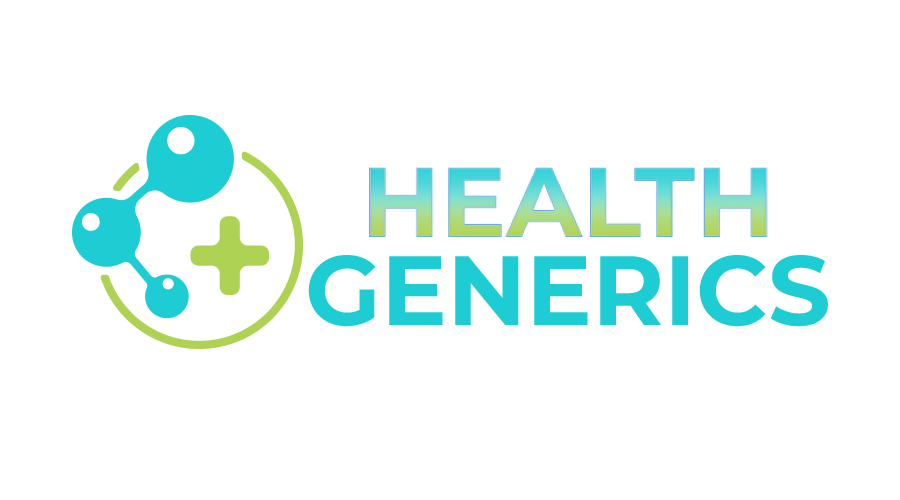Salt, primarily made up of sodium chloride, is vital for human health. While it’s often criticized for its role in various health issues, salt has many essential functions in the body. This article explores what salt does for our bodies, its health implications, and how to balance salt intake for optimal health.

Essential Functions of Salt
Fluid Balance:
Sodium, a key part of salt, helps maintain the right balance of fluids in your body. It controls the amount of water inside and outside your cells, ensuring proper hydration and cell function.
Your kidneys play a crucial role by regulating the amount of sodium in your urine, which affects your body’s overall fluid balance.
Nerve Function:
Sodium is essential for nerve function. It helps transmit electrical signals along nerves, which is crucial for communication between the brain, spinal cord, and other parts of the body.
This process, called the sodium-potassium pump, involves moving sodium and potassium ions across cell membranes, generating electrical signals necessary for muscle contractions and nerve impulses.
Muscle Contraction:
Sodium and chloride ions are vital for muscle contraction. Sodium helps trigger contractions, while chloride stabilizes muscle activity, preventing spasms and ensuring smooth muscle function.
Nutrient Absorption:
Sodium helps absorb various nutrients in the small intestine, including glucose and amino acids. This process ensures that essential nutrients enter the bloodstream efficiently.
Health Implications of Salt
Blood pressure regulation:
High sodium intake is linked to hypertension (high blood pressure), a major risk factor for heart disease and stroke. Too much sodium causes the body to retain water, increasing blood volume and pressure.
The World Health Organization (WHO) recommends limiting daily sodium intake to reduce the risk of high blood pressure and related health issues.
There is a company that offers the best salt for high blood pressure. You can check it out on the website. https://www.bouldersaltcompany.com/.

Bone Health:
High salt consumption can lead to osteoporosis by increasing calcium loss through urine. Calcium is crucial for strong bones, and losing too much can weaken them over time.
Kidney Function:
The kidneys filter excess sodium from the blood. Chronic high salt intake can strain the kidneys, potentially leading to kidney disease or worsening existing conditions.
Stomach Health:
Some studies link high salt intake to an increased risk of stomach cancer. Salt may damage the stomach lining and promote the growth of Helicobacter pylori, a bacterium associated with stomach ulcers and cancer.
Uses: Traditional Hawaiian dishes, like poke and kalua pig.
Balancing Salt Intake
Maintaining a balance between getting enough salt and avoiding too much is crucial for health. Here are some guidelines:
Moderation:
The American Heart Association recommends no more than 1,500 milligrams of sodium per day for most adults, with an upper limit of 2,300 milligrams.
Reading Labels:
Check food labels for sodium content. Many processed foods have high sodium levels.
Dietary Choices:
Emphasize fresh, whole foods like fruits, vegetables, and lean proteins, which are naturally low in sodium. Use herbs and spices for seasoning instead of salt.
Hydration:
Drink plenty of water to support kidney function and help maintain fluid balance.
Conclusion
Salt is essential for fluid balance, nerve function, muscle contraction, and nutrient absorption. However, too much salt can lead to health problems like high blood pressure, osteoporosis, kidney disease, and stomach cancer. By understanding the role of salt and adhering to recommended guidelines, you can enjoy its benefits while minimizing health risks. You can buy healthy salt online directly at https://www.bouldersaltcompany.com/shop/
Sources
Mayo Clinic Staff. (2020). Sodium: How to Tame Your Salt Habit Mayo Clinic.
- Harvard T.H. Chan School of Public Health. (2021). The Nutrition Source: Sodium and Salt.
- National Institutes of Health. (2022). Sodium in the diet MedlinePlus. American Heart Association. (2018). How much sodium should I eat per day? Link.
- World Health Organization. (2012). Guidelines: Sodium intake for adults and children.
- https://www.bouldersaltcompany.com
